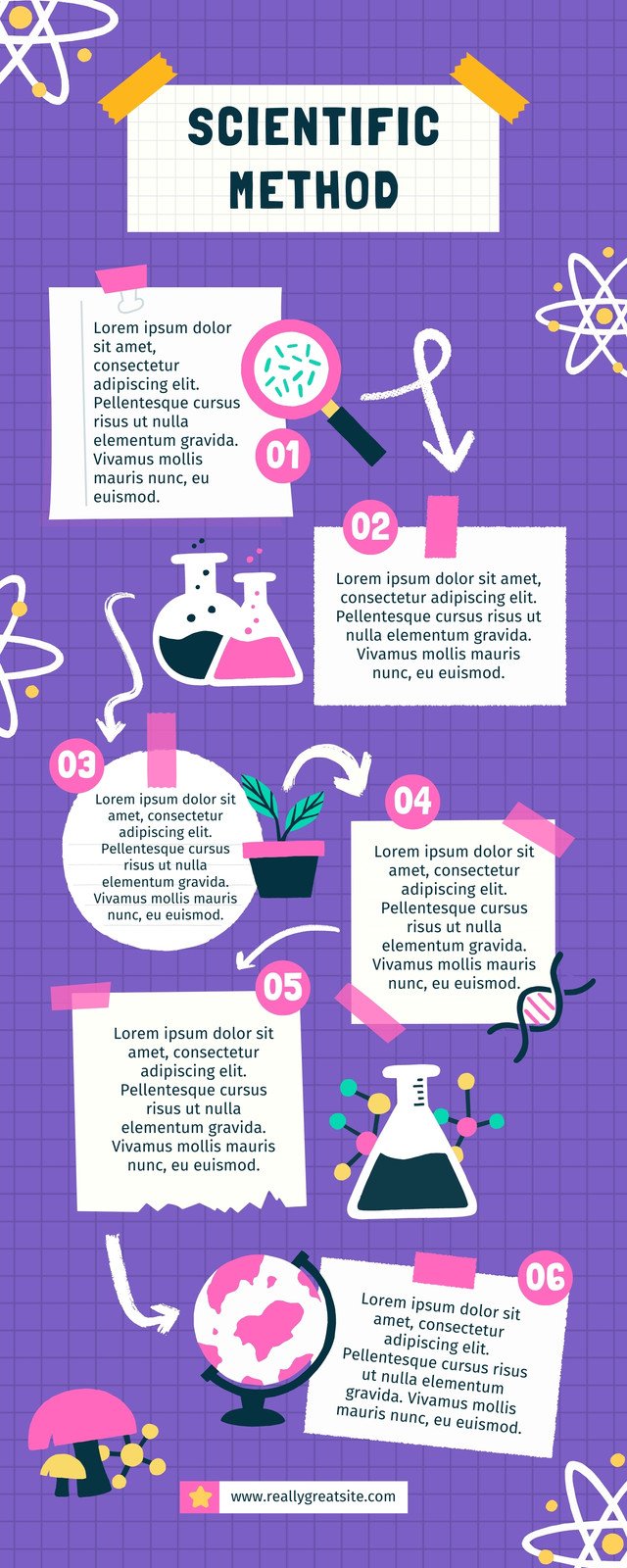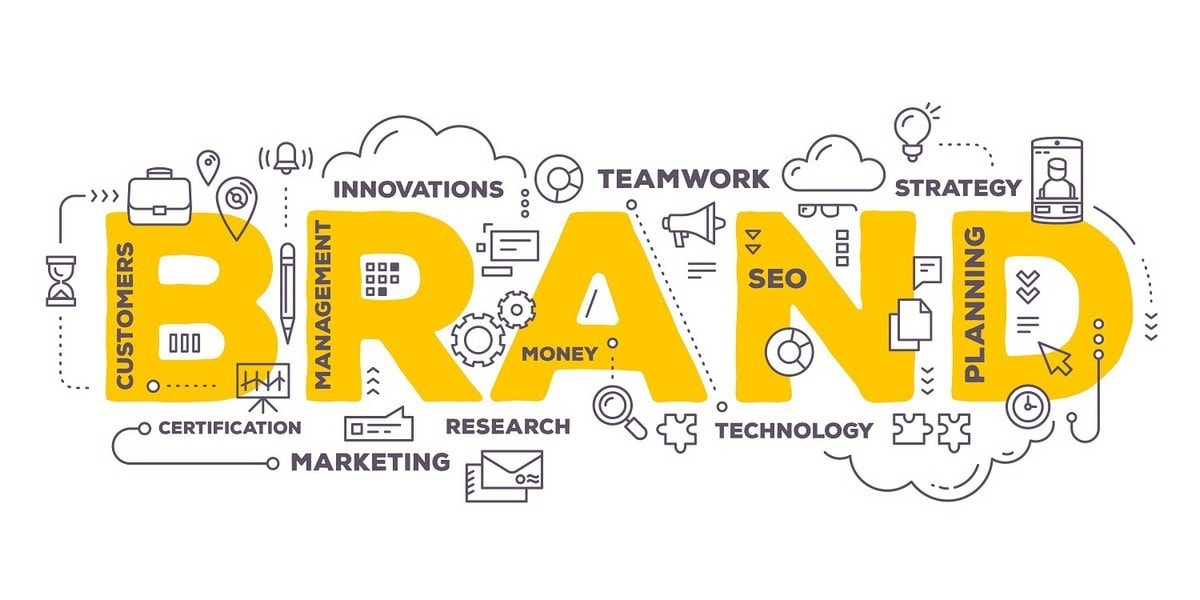In today’s educational landscape, engaging students visually can transform the learning experience, particularly in literature. Infographics serve as powerful tools that simplify complex concepts and create captivating narratives, making literature more accessible and enjoyable.
Understanding the Need for Infographics
Incorporating infographics into literature education enhances comprehension and retention. When students encounter visually appealing representations of themes, characters, and plots, they are more likely to grasp the core messages. This approach taps into different learning styles, particularly for visual learners who respond better to graphical information than to textual content.
The Role of Infographics in Literature Education
Utilizing infographics fosters a deeper appreciation for literature by breaking down dense material into digestible bits. Through visual storytelling, key elements of a narrative can be highlighted, allowing students to connect more significantly with the text. This method not only aids in understanding but also encourages creative thinking by inviting students to interpret literature visually.
Optimal Moments for Infographic Creation
Designing infographics can be particularly effective during specific stages in the literature curriculum. For instance, when introducing new themes or complex texts, complementary infographics can be used as discussion catalysts. Furthermore, these visuals can serve as excellent review tools prior to examinations, helping to solidify learning outcomes and spark meaningful classroom dialogues.
Advantages of Visual Learning in Literature
Employing infographics in literature classes cultivates an environment where students feel encouraged to express their interpretations. This interactive form of learning promotes engagement and stimulates interest in reading. By observing relationships and narratives through illustrations, students often discover insights that traditional methods may overlook.
Frequently Asked Questions
- How can I create an effective infographic for literature? Start by identifying the key message or theme you want to convey, then choose visuals that support your narrative.
- What tools are available for designing infographics? Numerous user-friendly tools like Canva and Easel.ly can help you create visually appealing infographics without requiring advanced graphic design skills.
- Can infographics replace traditional reading materials? While infographics enhance understanding, they should serve as supplements to the original texts rather than full replacements.
- How do infographics cater to different learning styles? Infographics cater primarily to visual learners, but they also benefit kinesthetic learners who can engage in hands-on activities related to the visual elements.
Designing Infographics for Supporting Visual Learning in Literature
The objective of creating infographics in literature education is to bridge the gap between visual and textual learning. In my personal experience, utilizing infographics in a high school literature class proved to be an invaluable tool. For instance, while studying Shakespeare’s “Macbeth,” I designed an infographic that illustrated the character arcs and themes of ambition and guilt. My students were not only more engaged, but they also demonstrated a clearer understanding of the characters’ motivations and the play’s overall message.

This experience highlighted how visual representations facilitate connections among complex literary themes, encouraging students to delve deeper into the texts.
Final Thoughts on Designing Infographics for Supporting Visual Learning in Literature
Incorporating infographics into literature lessons redefines engagement and enhances comprehension. By leveraging the power of visuals, educators can make learning more interactive and enjoyable, ultimately fostering a lifelong love for literature in their students.
If you are looking for 10 Types of Infographics with Examples and When to Use Them you’ve came to the right page. We have 10 Pictures about 10 Types of Infographics with Examples and When to Use Them like Steps Of Research Process, 30+ Creative Infographics to Keep Your Mind Active and Entertained and also Steps Of Research Process. Here you go:
10 Types Of Infographics With Examples And When To Use Them
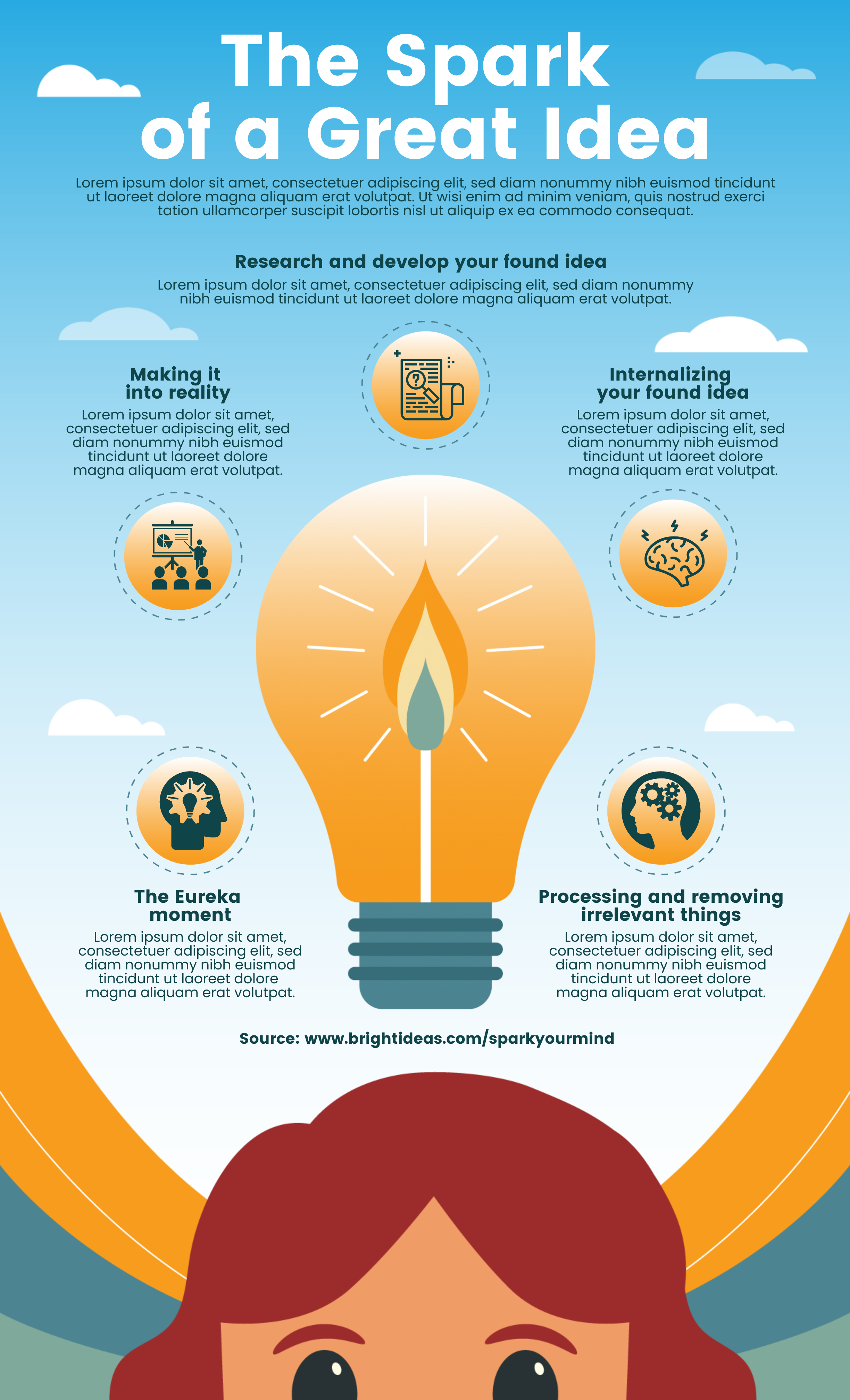
www.easel.ly
infographic infographics types examples template use idea when great them customize big
Inspirational Quotes From Children's Literature Infographic – E

elearninginfographics.com
infographic literature quotes inspirational children childrens full
Infographic Image Library
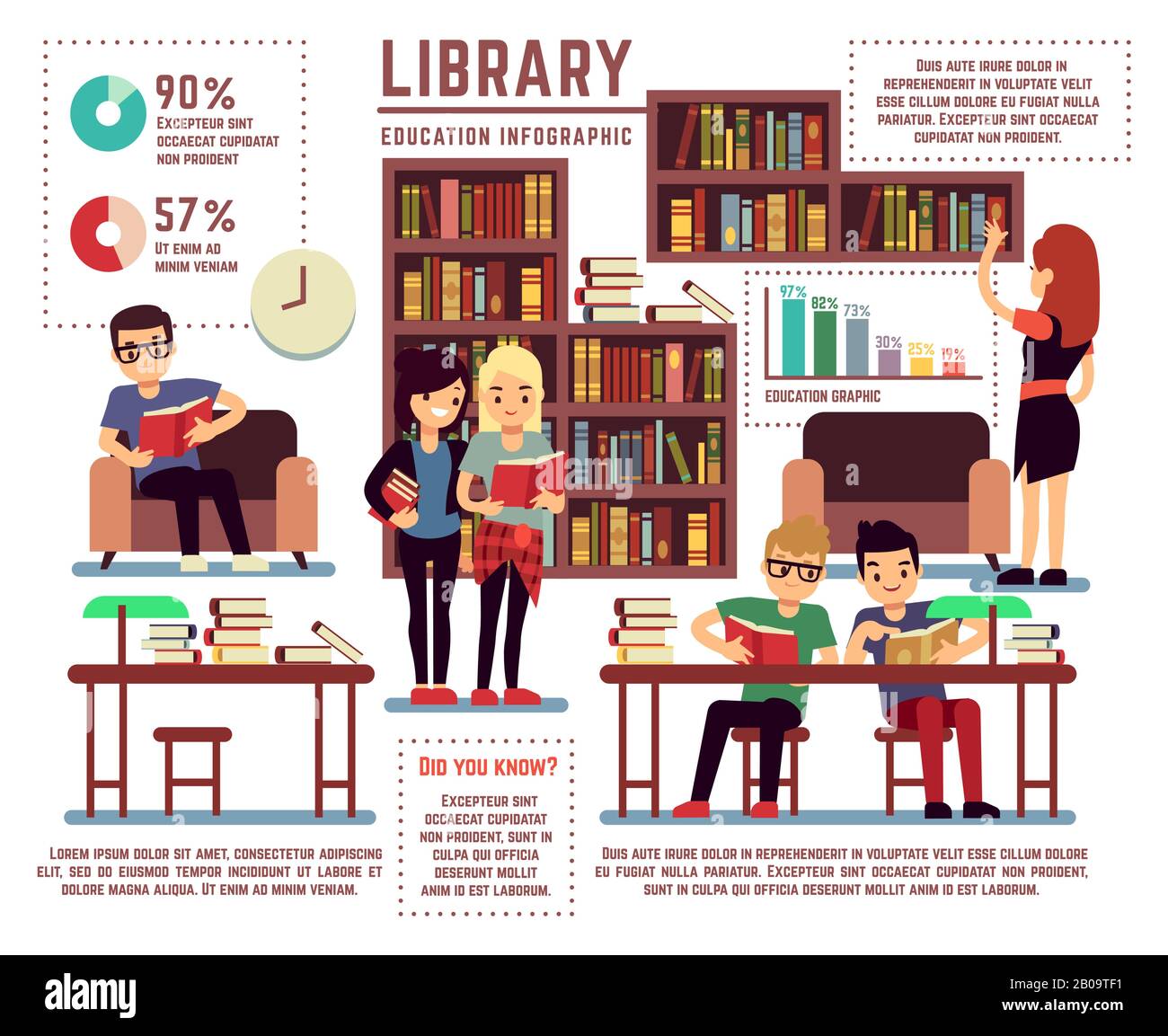
ar.inspiredpencil.com
Steps Of Research Process
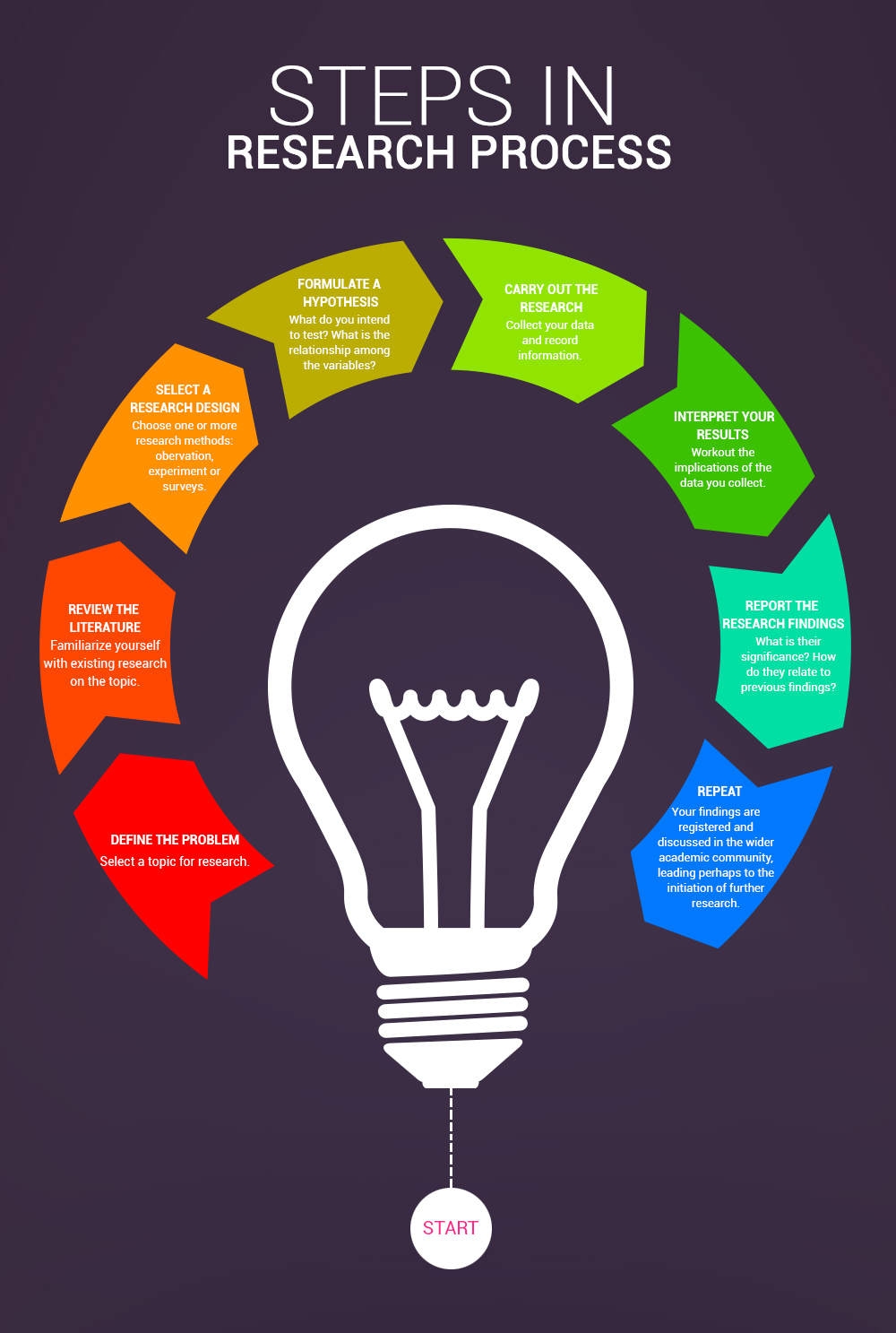
www.animalia-life.club
Designing For Diversity: Best Practices + Simple Tips – Venngage

venngage.com
diversity inclusion practices infographics hooper lydia
30+ Creative Infographics To Keep Your Mind Active And Entertained

aworkstation.com
infographic moby dick literary infographics literature hero course
Inventing Infographics: Visual Literacy Meets Written Content | Edutopia

www.edutopia.org
30+ Creative Infographics To Keep Your Mind Active And Entertained

www.pinterest.com
infographic infographics literature mymodernmet creative literary moby dick cool entertained active mind keep article books column five via
Teaching Literature, Literature Books, American Literature, Classic

www.pinterest.com
crucible literature infographic infographics books hero course teaching american classic book classroom english choose board teachers test
Arcadia Infographic | Course Hero | Book Infographic, Literature Books

www.pinterest.com
infographic hero course arcadia visit literature
Infographic literature quotes inspirational children childrens full. 30+ creative infographics to keep your mind active and entertained. Arcadia infographic

